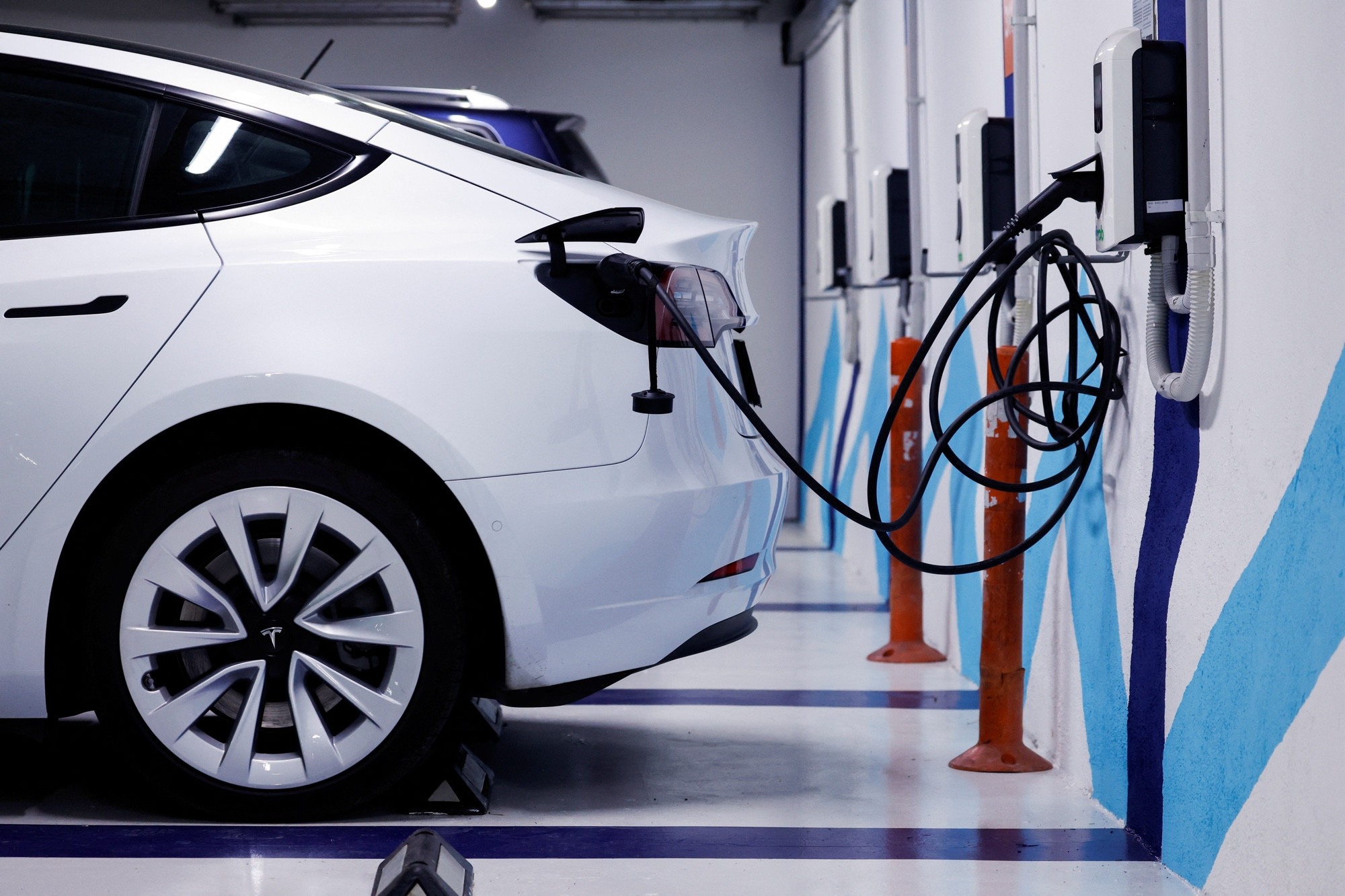THREAD: I’m going to share this thread here to clearly state my perspective on electric vehicles, car dependency and better cities, for all those who frequently ask me about it, including media, elected leaders and many others. Here goes. Please share it frequently if you think it will help. 🧵#EVS

Comments
Yrs ago I first found yr acct when you posted an item about cities building more expressways to move vehicles.
More vehicles used THOSE lanes & so again additional expensive lanes were added.
Repeat
I think of that often as I now ride my bike or take Ctrain to downtown CGY.
📌
(Hot swap batteries would have obviated this but we let the market decide strategy…)
https://www.liverpoolecho.co.uk/news/liverpool-news/i-thought-doing-right-thing-30738400
“Our city doesn’t have a high quality transport network to support densification”
Repeat ad nauseum as the city sprawls, traffic gets worse, and everyone suffers the consequences.
Kind of wondering then, given all that, whether supporting the rapid development of EVs is actually wise.
Could EVs be doing so much greenwashing and diverting attention from actual solutions that their existence might actually be doing more harm than good?
You can disagree but without the derogatory adjective.
But this conversation proves just how much O2 EVs, marginal emissions improvements, suck up.
Most importantly, they give SO much cover to spineless politicians and car companies that just wanna make more cars.
https://bsky.app/profile/brenttoderian.bsky.social/post/3laplzvuyak23
Pitting both solutions against each other is counterproductive.
To which problems?
It will take longer and be more complicated than boosters think.
BUT…
We know FOR SURE that heavier EV cars, trucks & SUVs badly pollute even more from manufacturing, brakes & tires, creating serious health issues even IF the energy sources are renewable (many aren’t).
We also haven't explored making better tires and breaks, the impact of speed limits or lighter EVs.
FCEVs using clean hydrogen.
They are lighter and they have a much lower manufacturing footprint.
The lighter weight reduces the pollution from brakes, tires and road dust.
Batteries = $ for mining/metals/chemicals/auto industries.
This siphons $ from better solutions.
It doesn’t do enough to reduce emissions, even before we consider all the OTHER issues and externalities.
More importantly: do you have a path to getting emissions down enough without relying in part on vehicle electrification? What is your alternative?
https://www.penguinrandomhouse.com/books/761930/how-the-railways-will-fix-the-future-by-gareth-dennis/9781915672483/
We KNOW the resulting more/bigger cars & kms driven have been outpacing the benefits of “better cars.”
Big vehicles also v likely to be a factor in both incidence and harm/damage
Cleaner should always be the goal, but blocking incremental progress with a 100% virtue test doesn't help.
https://www.carbonbrief.org/factcheck-21-misleading-myths-about-electric-vehicles/
1st, the cartoon. In 2023 coal use in the U.S. had dropped to 15%.
Brake dust and tire wear as a “major” source of pollution is just nonsense. EVs barely use the friction brakes. Regenerative braking does most of the
Tire wear is more from torque and fun driving than from weight. The weight of the most popular (by far) EVs, the Model Y and 3, are within the range of weight for similar ICE vehicles.
I’ve owned EVs for 6.5 years and know many owners. Tire wear is not an issue if you drive like an adult.
Some would call it the subway.
https://klearsky.pages.dev/#/home
One of them’s right.
Batt tech needs to focus on higher energy density and lighter weight (amongst other parameters).
VW makes the ID3 and a smaller Buzz, just not in the US. The US is still busily pushing large vehicles.